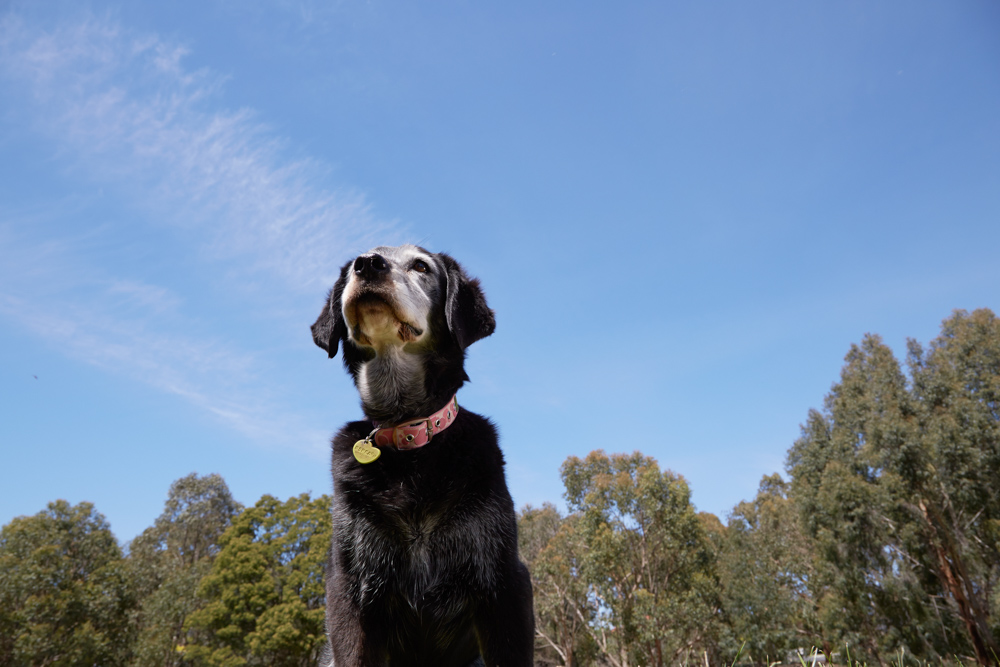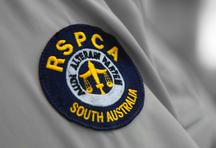Heat can kill: protect your pets as SA’s heatwave continues
January 19, 2018With the mercury in the 40s again today and a forecast predicting more temperatures in the mid-30s over the next week, RSPCA is reminding all South Australians of the need to protect animals from the heat.
RSPCA South Australia Chief Inspector Andrea Lewis said if you are feeling hot, it’s likely your animals are too, and there’s extra steps you need to take to ensure their welfare.

“Don’t take pets away from home unless absolutely necessary – it increases stress and the likelihood of them becoming dangerously hot – and where possible move your pets inside,” Ms Lewis said.
“If you do need to take them with you, never leave them in a vehicle. Dogs die in hot cars. Six minutes is all it can take; on a day like to today that could be even less.
“It’s also important you don’t exercise animals during the middle of the day in extreme heat. Try the five-second rule by placing the back of your hand on the walking surface for five seconds. If it’s too hot to hold your hand there for five seconds, then it’s definitely too hot for your dog,” she said.
Signs of heat stroke can vary between animals, but can include collapse, diarrhoea, muscle tremors, persistent panting, signs of confusion, staggering, weakness and vomiting.
Ms Lewis says to treat an animal who is suffering heat stress it’s important to lower the animal’s body temperature and contact a vet immediately for further assistance.
If a member of the public sees an animal in distress, they can contact RSPCA’s 24-hour cruelty report line on 1300 4 777
Current temperatures are also a timely reminder to those in bushfire prone areas to include pets in their bushfire survival plan.
For more information on the three easy steps to creating your own Pet Emergency Plan, visit www.rspcasa.org.au/animals-in-emergencies.
Tips for keeping animals safe in hot weather
- Don’t take pets away from home unless absolutely necessary.
- Never leave your dog in the car.
- Try to move pets inside. If that is not possible, ensure they have multiple water sources and ample shade.
- Don’t exercise animals during the middle of the day.
- Small animals (rabbits, guinea pigs, ferrets, birds) are highly susceptible to heat stress and need to be protected.
- Frozen treats are a great way to keep animals hydrated and cool.
- Leave out ice blocks/bricks (eg a soft drink bottle filled with water and frozen) for animals to lean or lie on helps keep them cool.
- Small paddling pools or ‘clam shells’ with some water and some ice cubes is a great way for dogs to splash about and cool down



